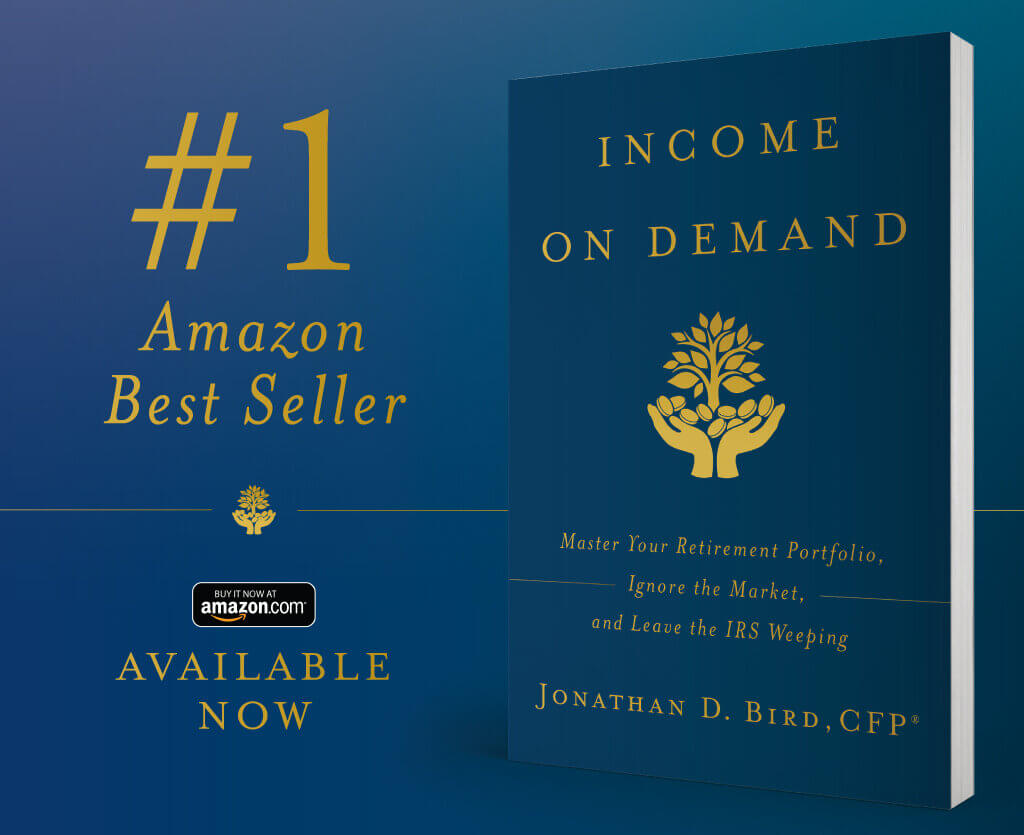There’s a concept in psychology known as “loss aversion,” and it helps explain why we react emotionally to stock prices. According to the website Decision Lab, this understanding of human behavior is grounded in findings published by two psychologists in 1992, demonstrating that people react differently to positive and negative changes in their status. A negative change, they found, was twice as powerful as a positive change. This explains, for example, why people buy insurance. They would rather agree to a small monthly loss—their payments—than face the risk, however small, of a bigger loss at some point in the future.
Charlie Munger, the vice chairman of Berkshire Hathaway, once wrote a book called Poor Charlie’s Almanac, which was a spin on Poor Richard’s Almanac by Ben Franklin. In it he told a story about the family dog, which illustrates a corollary of loss aversion that he called “Deprival Super-Reaction Syndrome.”
The Mungers once owned a dog, he wrote, that was tame and good natured—unless you did one thing. If you tried to take food away from him after he already had it in his mouth, he’d bite. Simple as that. Every time. He couldn’t help it. Now nothing could be more stupid, Munger wrote, than for a dog to bite his master. But that’s what he’d do. He was a victim of Deprival Super-Reaction Syndrome.
How does this apply to investing?
Here’s what I’ve found: When we see our stocks appreciating in value, we keep checking our portfolio, we see the unrealized gain that we have, and the bigger that number gets the more comfortable we feel with it. “Okay,” we think, “I’ve earned this profit and now it belongs to me.” And then a bear market pops up and the gain gets ripped away. The feeling that comes from that is actually a worse psychological experience than if you would have never had that unrealized gain at all—and instead just been down slightly from when you bought in. Here’s another way to put it: When it comes to profit, it’s not better to have loved and lost than never to have loved at all.
And what does this mean for you? If you stop thinking of unrealized gains as belonging to you, it won’t hurt as much if a bear market or correction takes them away. If you work to keep your emotions from rising too high when all seems rosy, it’s easier to keep them from sinking too low when all seems dark.
Interested in helpful advice for gaining peace of mind with your portfolio?
Check out my book Income on Demand on Amazon to build your financial castle.
Contact Us to learn more about how Farnam Financial can help you achieve your goals.
Jonathan Bird, CFP®
Farnam Financial LLC (“Farnam”) is a registered investment advisor offering advisory services in the State of Arizona and in other jurisdictions where exempted. Registration does not imply a certain level of skill or training. The presence of this website on the Internet shall not be directly or indirectly interpreted as a solicitation of investment advisory services to persons of another jurisdiction unless otherwise permitted by statute. Follow-up or individualized responses to consumers in a particular state by Farnam in the rendering of personalized investment advice for compensation shall not be made without our first complying with jurisdiction requirements or pursuant an applicable state exemption.
All written content on this site is for information purposes only. Opinions expressed herein are solely those of Farnam, unless otherwise specifically cited. Material presented is believed to be from reliable sources and no representations are made by our firm as to other parties’ informational accuracy or completeness. All information or ideas provided should be discussed in detail with an advisor, accountant or legal counsel prior to implementation.





